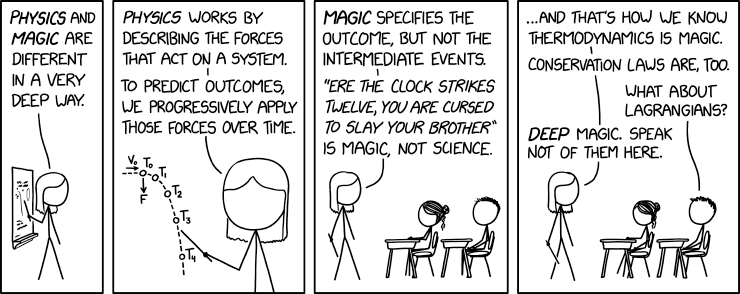I vividly remember the first time he showed me his famous video of capuchin monkeys—later to feature in a TED talk that has 23 million views and counting — in which two capuchin monkeys, kept in adjoining cages, are fed treats for exhibiting a certain behaviour. The monkeys were perfectly happy performing their task for cucumbers until, one day, one of the monkeys was rewarded with a grape instead. When the monkey’s companion was given a cucumber for the same task, he immediately proceeded to throw a temper tantrum worthy of a three-year old child — even though, five minutes earlier, he had been content with that reward.He vividly recalls this, because he watched a cherry-picked video. You can read more in the Wikipedia article on Inequity aversion in animals.I immediately recognized the behaviour in myself! I showed the video to my wife, and ever since then, whenever I start to feel envious of someone for receiving any sort of reward that appears to be greater than that which I had previously been perfectly happy to receive during a similar experience, I tell myself, or my wife tells me: “Don’t be a monkey!”
The experiment has been repeated many times, with mixed results. Female (but not male) capuchin monkeys showed the effect, and so did some other species. Many experiments failed to find the effect.
I think the most interesting part of this is watching humans, like Krauss, watch this video and interpretation, and somehow think that they know what is going on inside the monkey's mind. I think they are projecting their own views onto the monkeys.
It is not clear that the monkey is feeling envy, or disapproval of the inequitable reward. If the monkeys were really rejecting inequity, then maybe the monkey getting the grape would give it to the other monkey. No, that does not happen.
It is hard to see how this says anything about cooperation, as these monkeys are lousy at cooperating on anything.
As for envy, it is not clear that the monkey cares at all what the other monkey is getting. Maybe the monkey notices that she could be getting a grape, and then rejects the lesser reward in order to get the grape. Indeed, this experiment has been done with just one monkey, and it just shows that the monkey wiil show that it wants the better reward.
I just tried showing the video to a ten-year-old boy, and asked him what he saw. He said, "i see a monkey who wanted a grape." When I explained that the grownup scientist interpreted this as a monkey protesting pay unfairness, he looked puzzled, and did not see why anyone would think that.
The TED Talk has a slide saying the Pillars of Morality are Reciprocity/Fairness and Empathy/Compassion. This is a very left-wing view that I call Kindergarten Morality. Kindergarten teachers commonly tell kids that they all have to share the toys equally, and show compassion to all. Older kids usually understand that such equality is impractical, and other moral concepts are more important. For more on how leftists have crippled moral outlooks, see Jonathan Haidt's Moral foundations theory.
